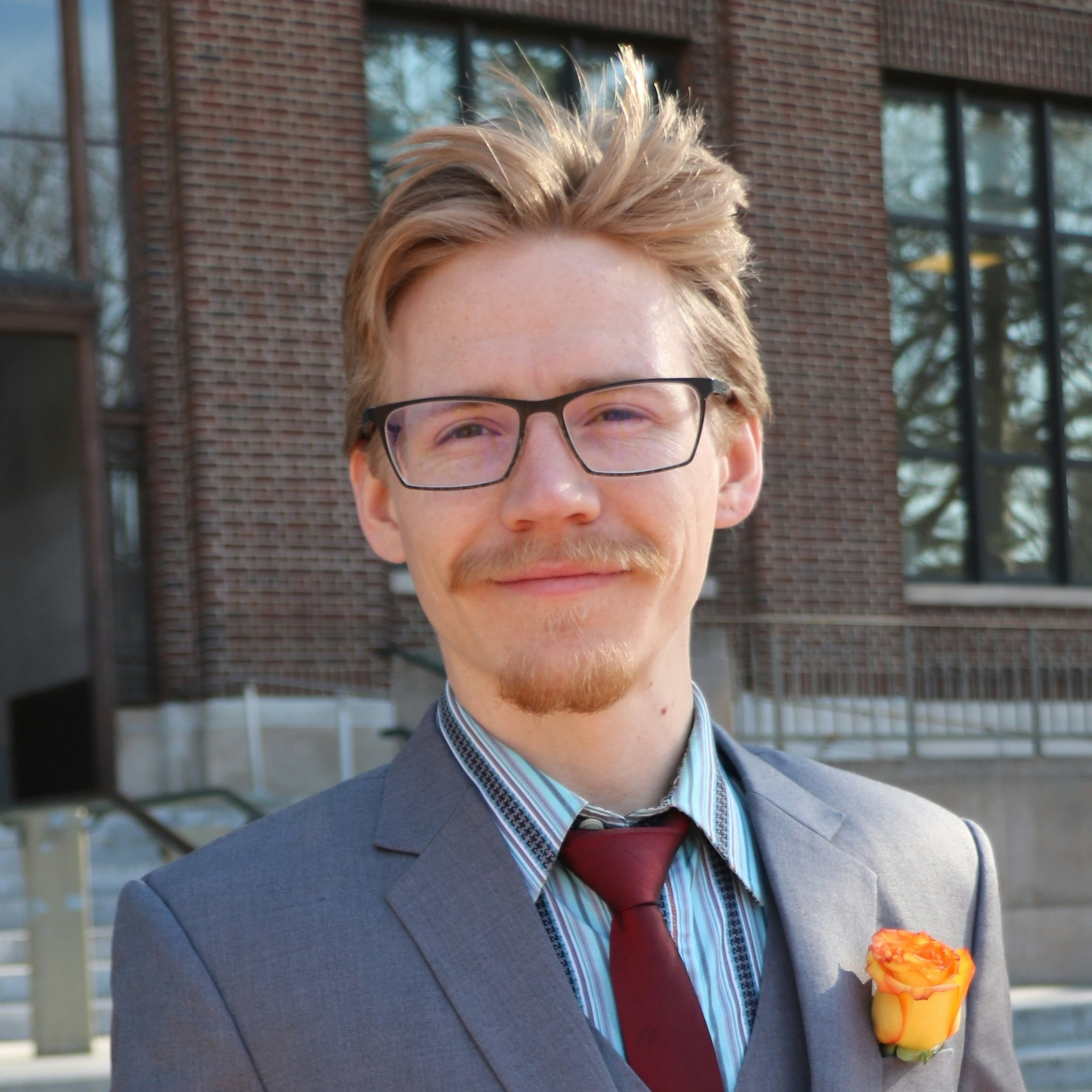Cancer risk increases due to controllable and uncontrollable factors. Often, a specific risk factor increases risk for a specific type of cancer. Behavioral risk factors include tobacco use, excess alcohol consumption, poor quality dietary patterns, obesity (with caveats), lack of physical activity, and excessive UV radiation. Other modifiable risk factors include viral infection (i.e. HPV) and environmental exposures like aflatoxin and air pollution).[1] Some risk factors for cancer cannot be changed. Few genetic mutations cause cancer, but many genetic mutations interact with other exposures to increase or decrease cancer risk. This is called the “two-hit hypothesis”.[2]
References
- ^Hyuna Sung, Jacques Ferlay, Rebecca L Siegel, Mathieu Laversanne, Isabelle Soerjomataram, Ahmedin Jemal, Freddie BrayGlobal Cancer Statistics 2020: GLOBOCAN Estimates of Incidence and Mortality Worldwide for 36 Cancers in 185 CountriesCA Cancer J Clin.(2021 May)
- ^Wang LH, Wu CF, Rajasekaran N, Shin YKLoss of Tumor Suppressor Gene Function in Human Cancer: An Overview.Cell Physiol Biochem.(2018)
